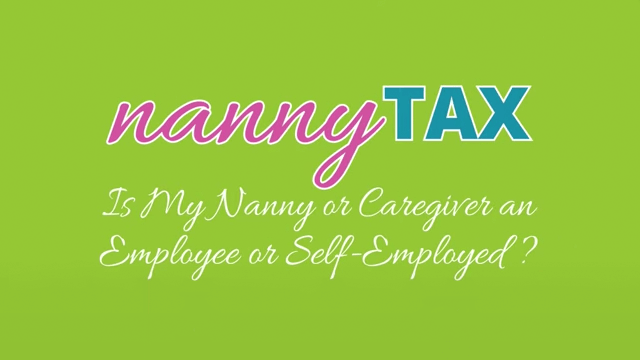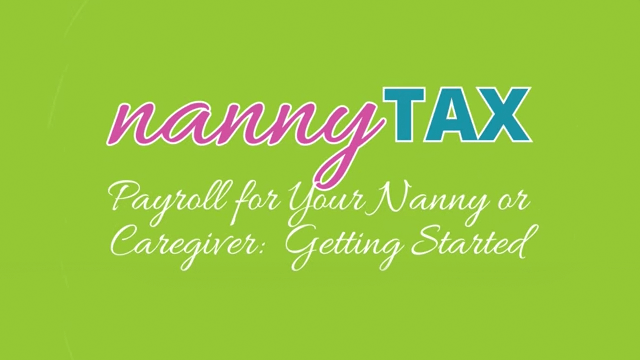
How to Build a Strong Relationship with Your Nanny or Caregiver
Building a positive and productive relationship with your nanny or caregiver is essential to ensuring the best care for your child or elder.
Potential differences between your nanny or caregiver and your family on these four important elements can impact your working relationship: communication style, privacy and personal boundaries, child-rearing practices, and beliefs about time.
Differences in these dimensions may be the result of different upbringings, family dynamics, social circles, community influence, and cultural backgrounds, among other factors.
1. Communication style: Some people may be more direct in their communication, while others may be more indirect.
One way to think of communication styles is whether they are high-context or low-context.
In high-context communication, people tend to rely on nonverbal cues such as tone of voice, body language, and the relationship between the speaker and the listener to convey meaning. They may use more indirect language and rely on inference to communicate. If your nanny or caregiver is a high-context communicator, they may not express themselves directly and may expect you to read between the lines and understand the underlying message.
In low-context communication, people tend to rely on verbal and written communication, as well as specific rules and procedures, to convey information. If your nanny or caregiver is a low-context communicator, they may expect you to be clear and straightforward in your communication and may find it difficult to understand indirect or implied messages.
An example of a miscommunication between a low-context parent and a high-context nanny could be the parent’s instructions about meal times for the children. A low-context parent may provide detailed instructions in writing, specifying exactly what foods the children should eat, at what times, and in what quantities. They may expect their nanny to follow these instructions, without any deviation. But a high-context nanny may understand the instructions in a more flexible way, taking into account the children’s moods and individual needs. They may use nonverbal cues, such as facial expressions or tone of voice, to show their understanding of the parent’s expectations.
This difference in communication style could lead to misunderstandings and confusion, with the low-context parent feeling that the nanny is not following their instructions and the high-context nanny feeling that the parent is overly rigid and demanding.
In such situations, open and clear communication can help to avoid misunderstandings and ensure that everyone is on the same page. Both the parent and the nanny should be aware of their differences in communication styles and make an effort to understand and respect the styles of others.
2. Another dimension of communication is the orientation towards respect vs. equality.
Respect-oriented communication: For some people, communication may be more respect-oriented. They may use more formal language and address people by formal titles. A nanny or caregiver with this style may be more reserved and formal in their communication and may expect you to use formal titles and polite language.
Equality-oriented communication: In contrast, for others, communication may be more equality-oriented. They may use more informal language and address people by their first names. A nanny or caregiver with this style may be more informal and casual in their communication and may expect you to use informal language and address them by their first name.
Of course, these are general examples, and we should keep in mind that every individual is unique. The most important thing is to be aware that communication styles may vary and to be open-minded and willing to make adjustments to communicate effectively with your nanny or caregiver.
3. Privacy and personal boundaries: Beliefs about privacy and personal boundaries can also vary between individuals.
Some people tend to value individualism and privacy, with a strong emphasis on personal space and respect for individual boundaries. Individuals with these values generally have a more reserved and formal approach and may feel less comfortable with closeness in professional relationships.
Some may place a greater emphasis on collectivism and interdependence. In this case, personal boundaries may be less defined and individuals may be more comfortable with showing affection and closeness in professional relationships.
Some may place a strong emphasis on community and relationships, with a greater emphasis on personal connection and emotional openness. In these cases, privacy may be less important than building relationships and creating a sense of community.
And some may focus on hospitality and respect for elders. These individuals may be more willing to sacrifice personal privacy and comfort to show respect and hospitality to guests or elders.
These are a few examples and every individual is unique and has their own beliefs and values. Being aware that these differences can exist helps us to mitigate crossing boundaries by mistake.
4. Child-rearing practices: Different perspectives towards discipline and autonomy can impact how a nanny provides care for your children.
Some individuals value discipline and structure, for example, with an emphasis on rules and routines. In these cases, children may be expected to follow strict schedules and adhere to strict rules, with consequences for misbehaviour. Parents who have these beliefs may expect their nanny to enforce rules and maintain a structured environment for the children.
Others may place a greater value on autonomy and creativity, with a focus on allowing children to explore, learn and grow in their own way. In these cases, children may be given more freedom to make choices and explore their surroundings, with a desire to promote independence and self-esteem. Parents with these values may expect their nanny to provide a nurturing and supportive environment that encourages growth and development.
Understanding these differences can help to ensure that your nanny is providing care that is consistent with your family’s values and beliefs.
5. Beliefs about time: Not every individual has the same beliefs about time.
Some individuals may have a more relaxed approach to punctuality and others may place a greater importance on being on time. By having open and clear communication about expectations and schedules, you can ensure that your nanny or caregiver’s schedule is consistent with your family’s expectations.
The more you’re aware that your nanny or caregiver may have different beliefs from your own on these fundamentals, the more likely you are to have greater empathy and understanding of their behaviours. This will help to avoid misunderstandings and frustrations and allow you to build a great working relationship with the one who is caring for those you love.
Credits: Photo by Ben Wicks on Unsplash










